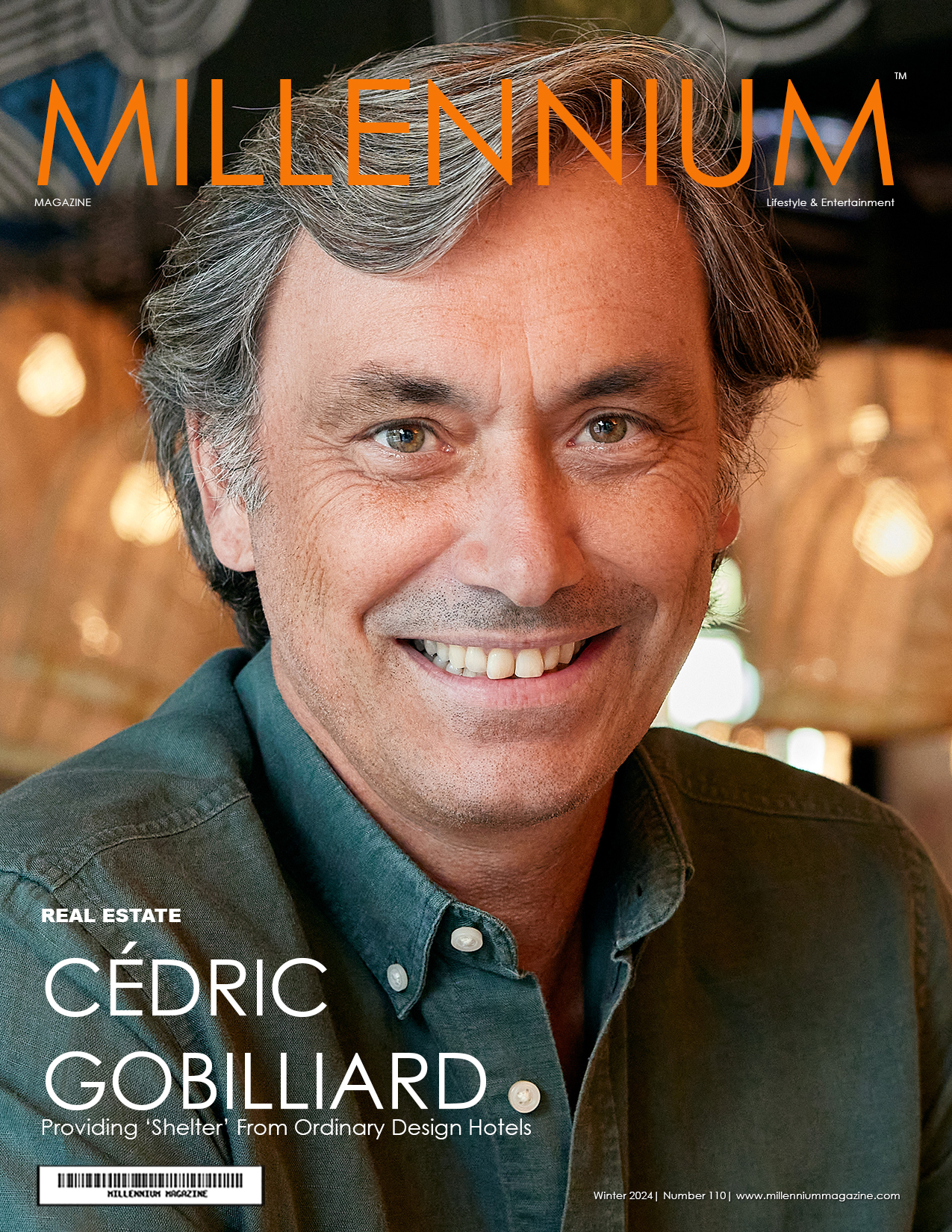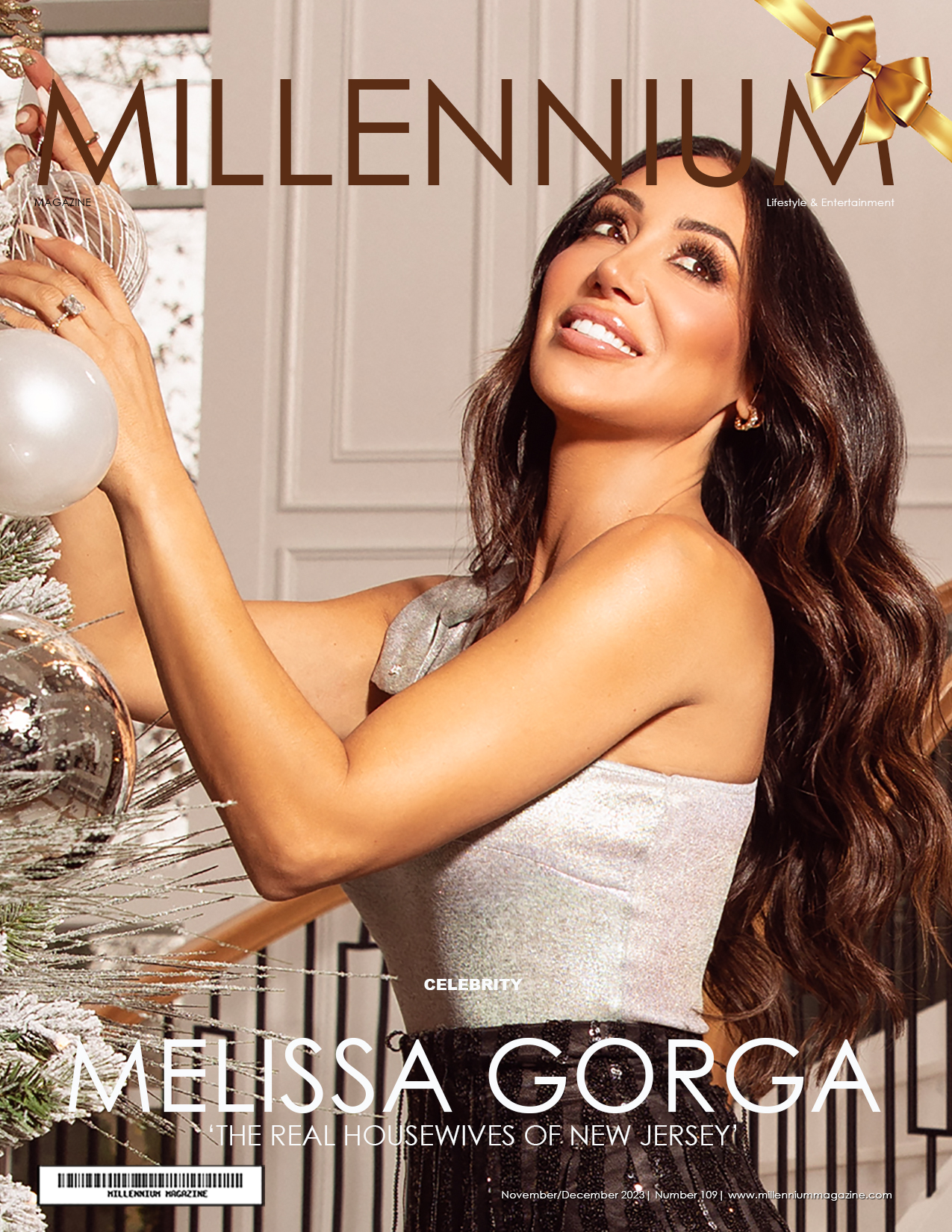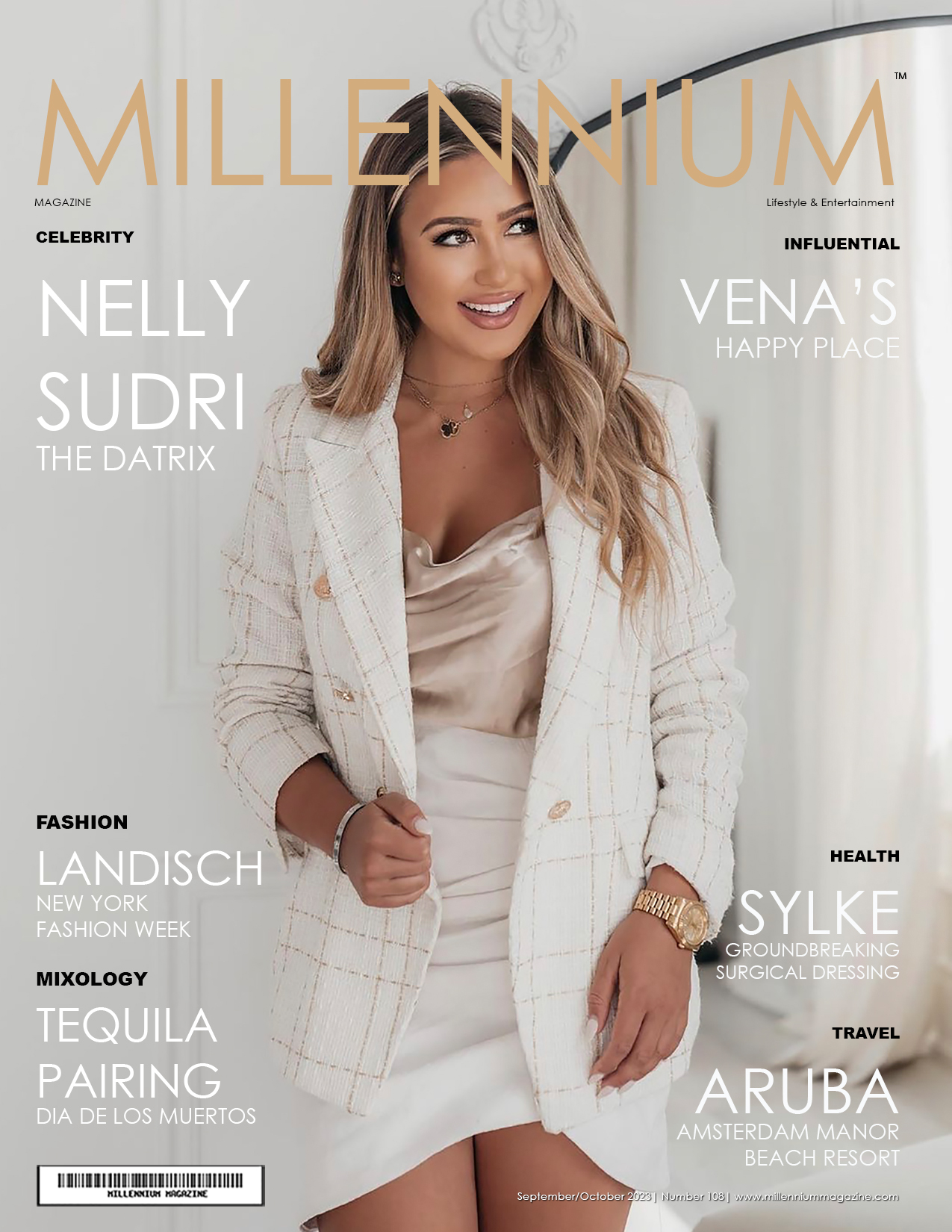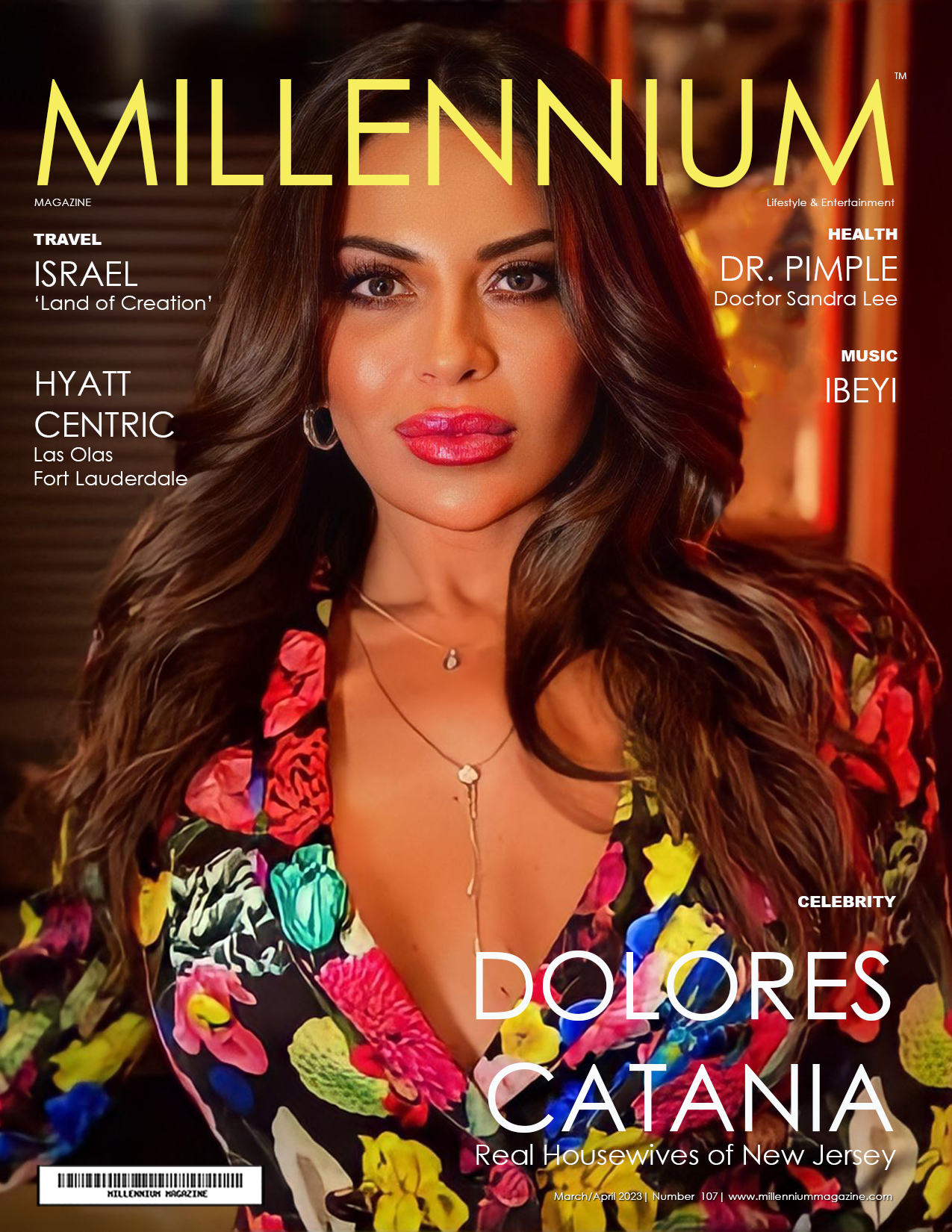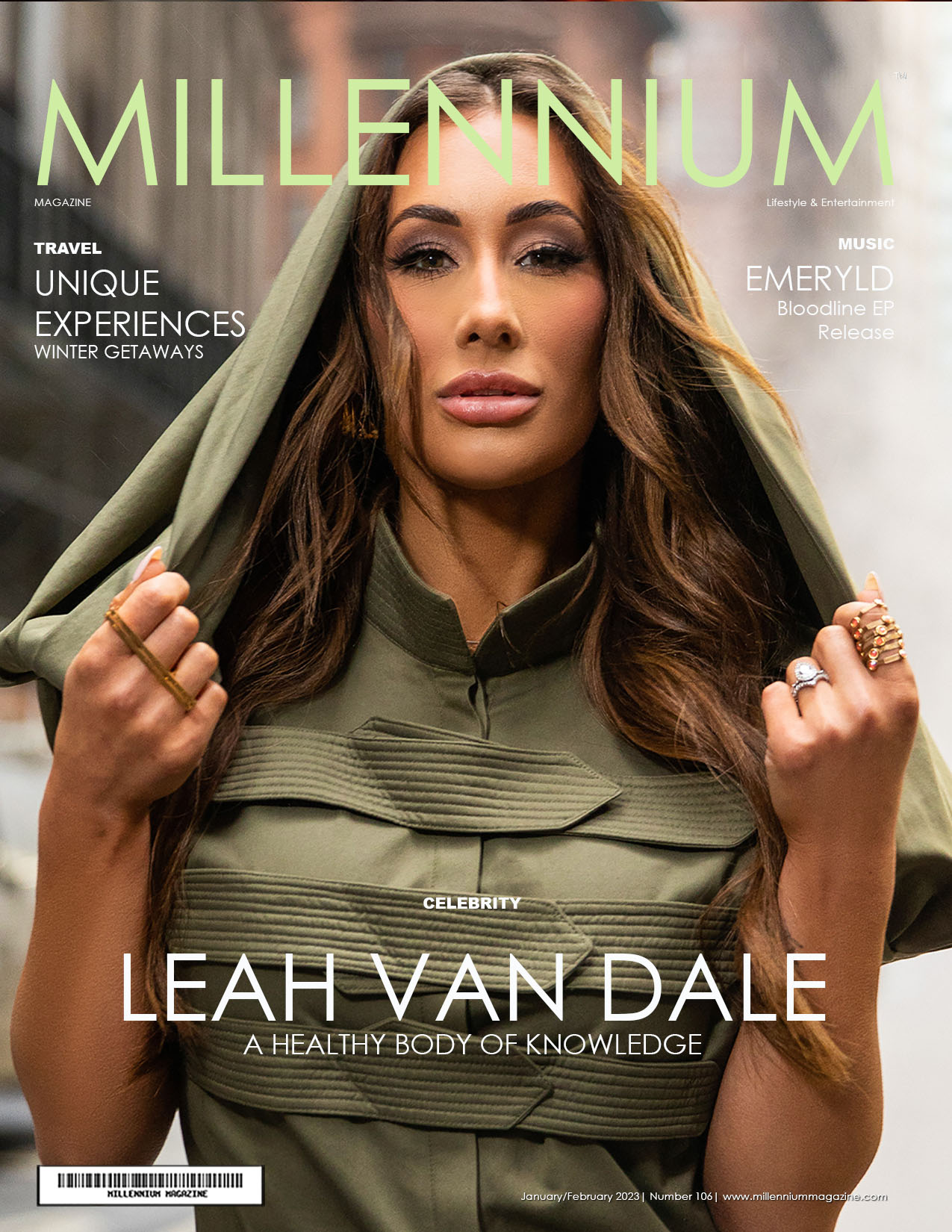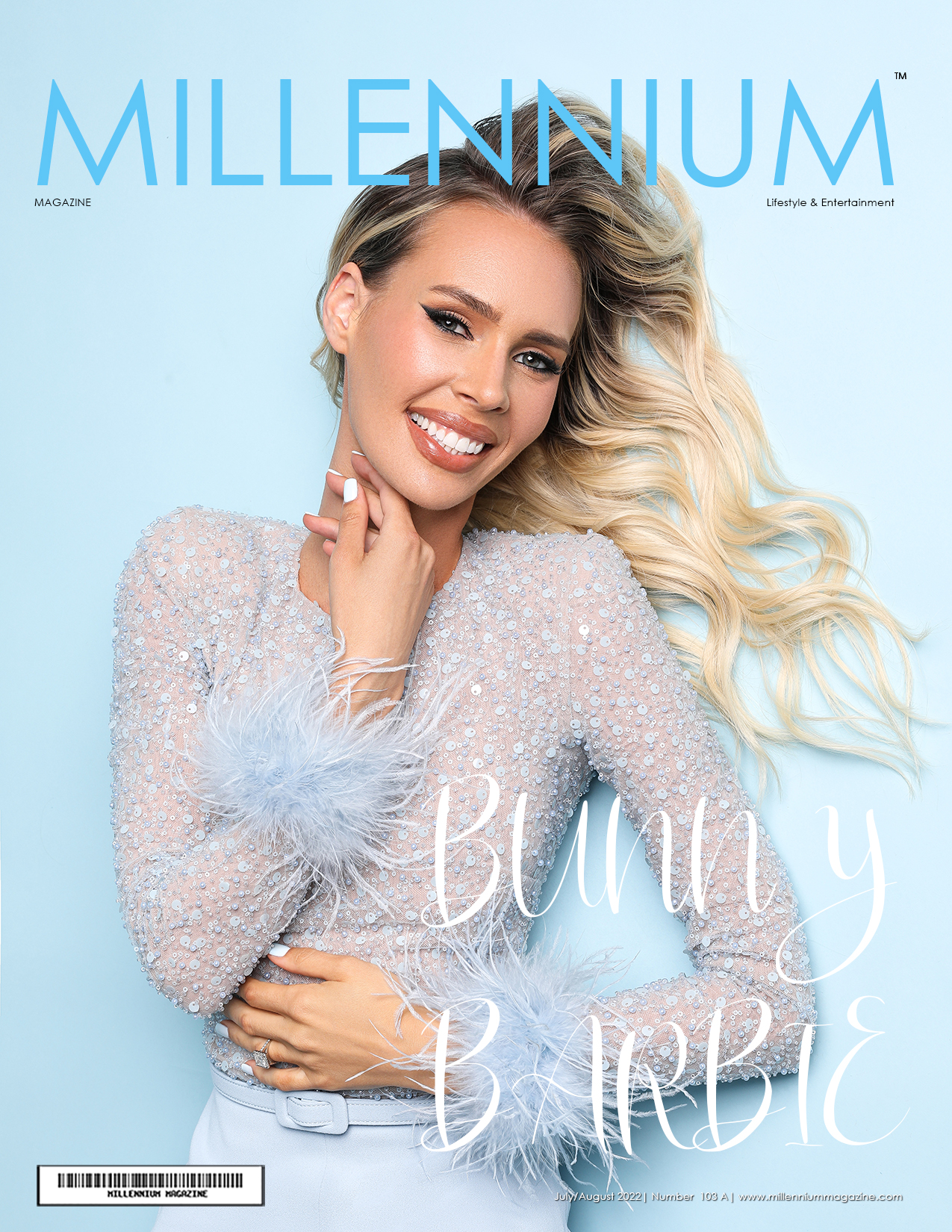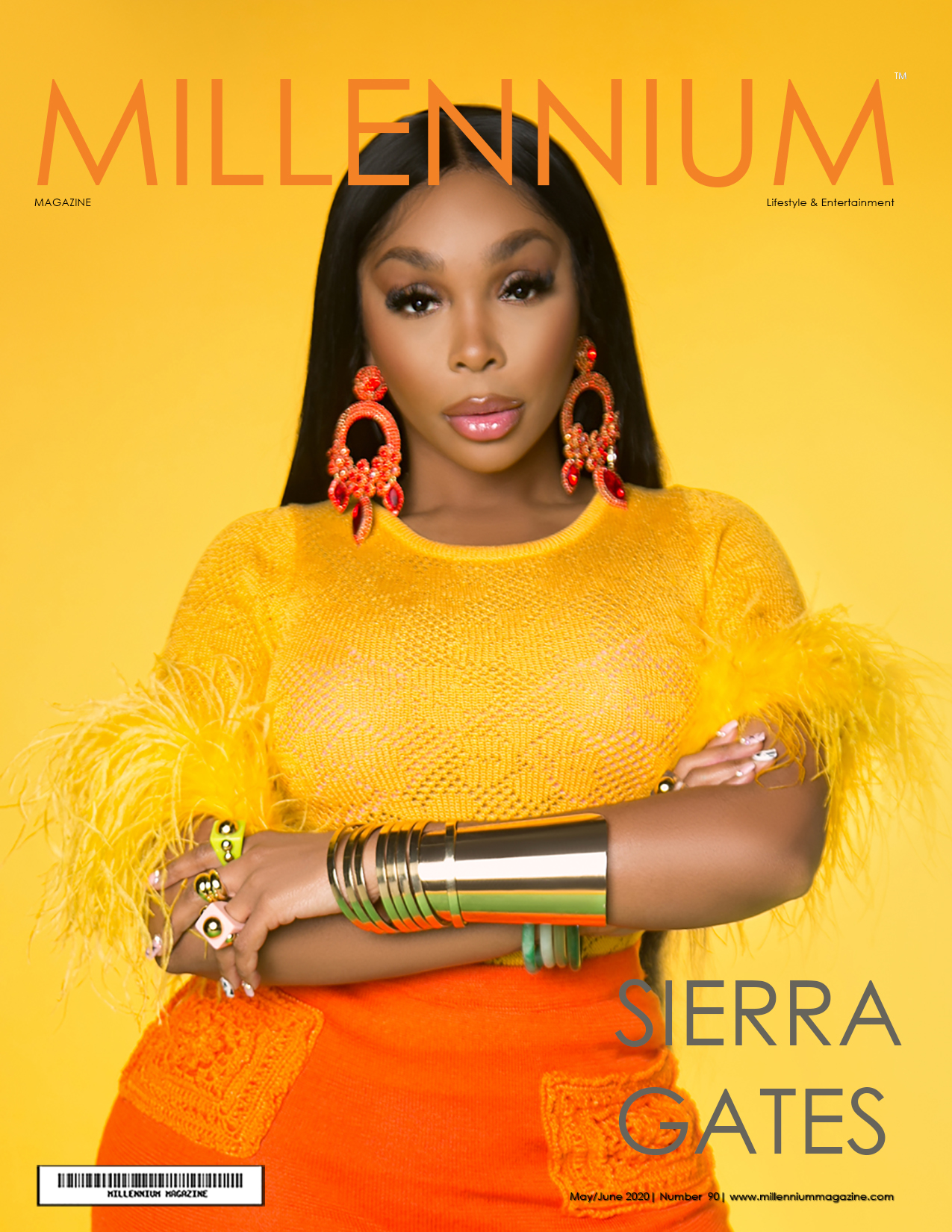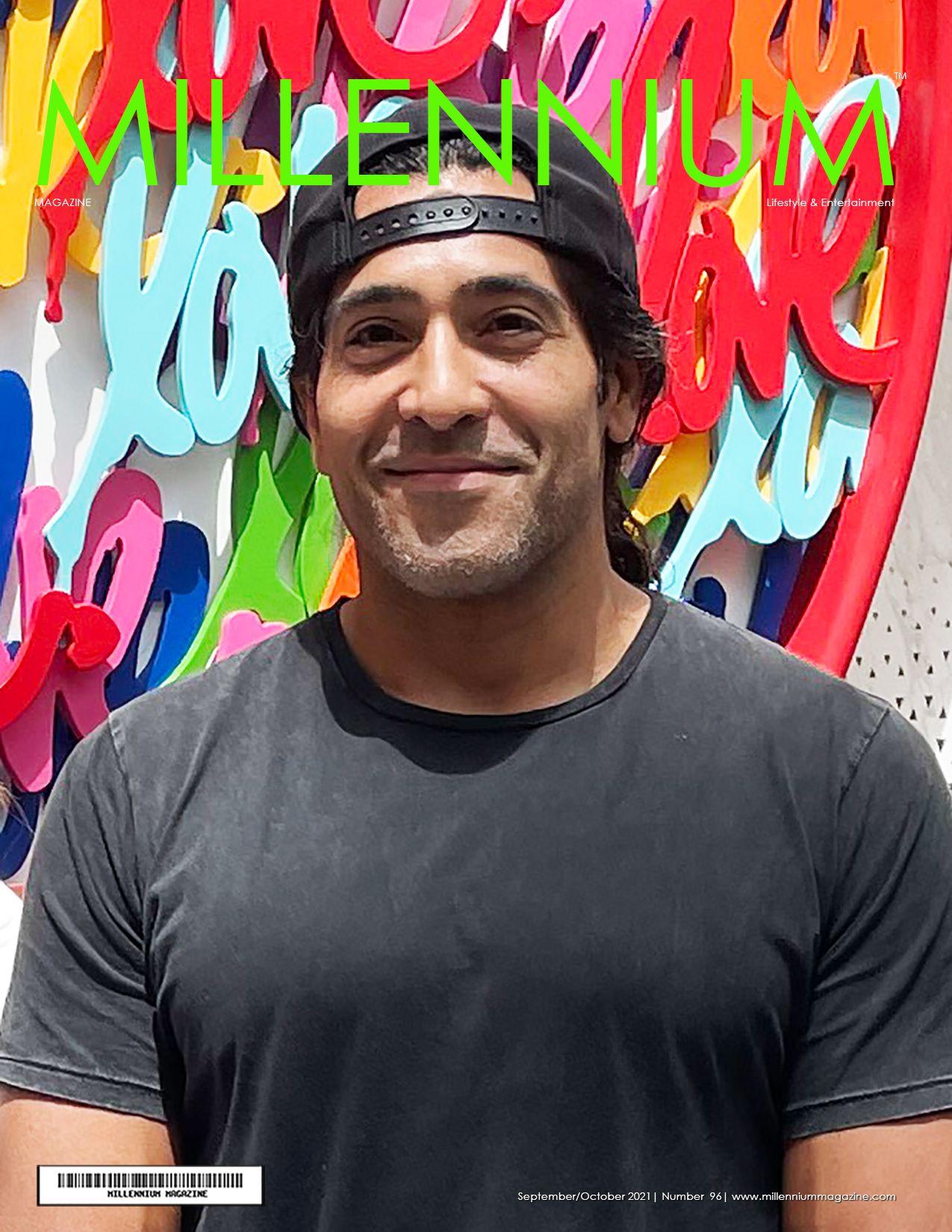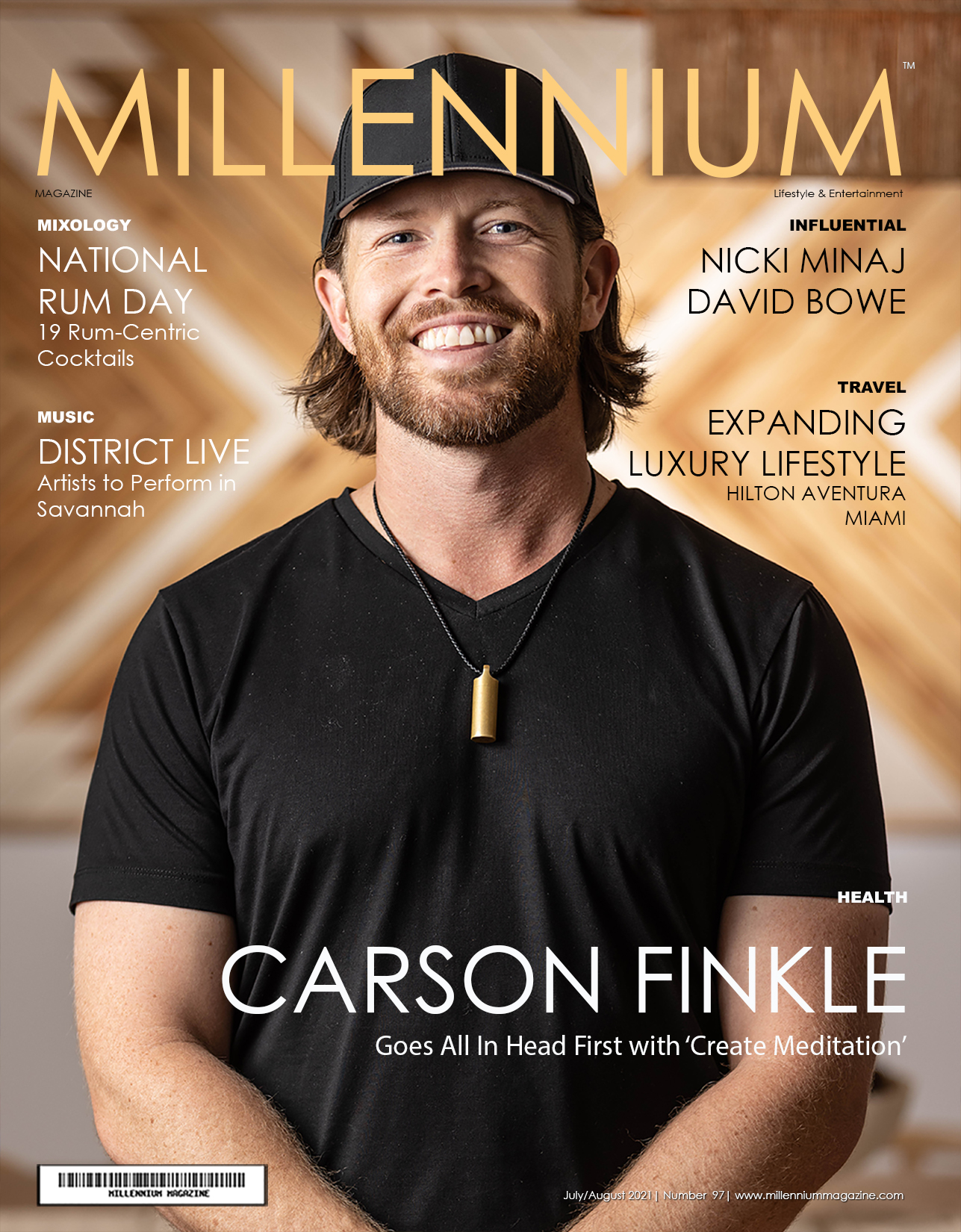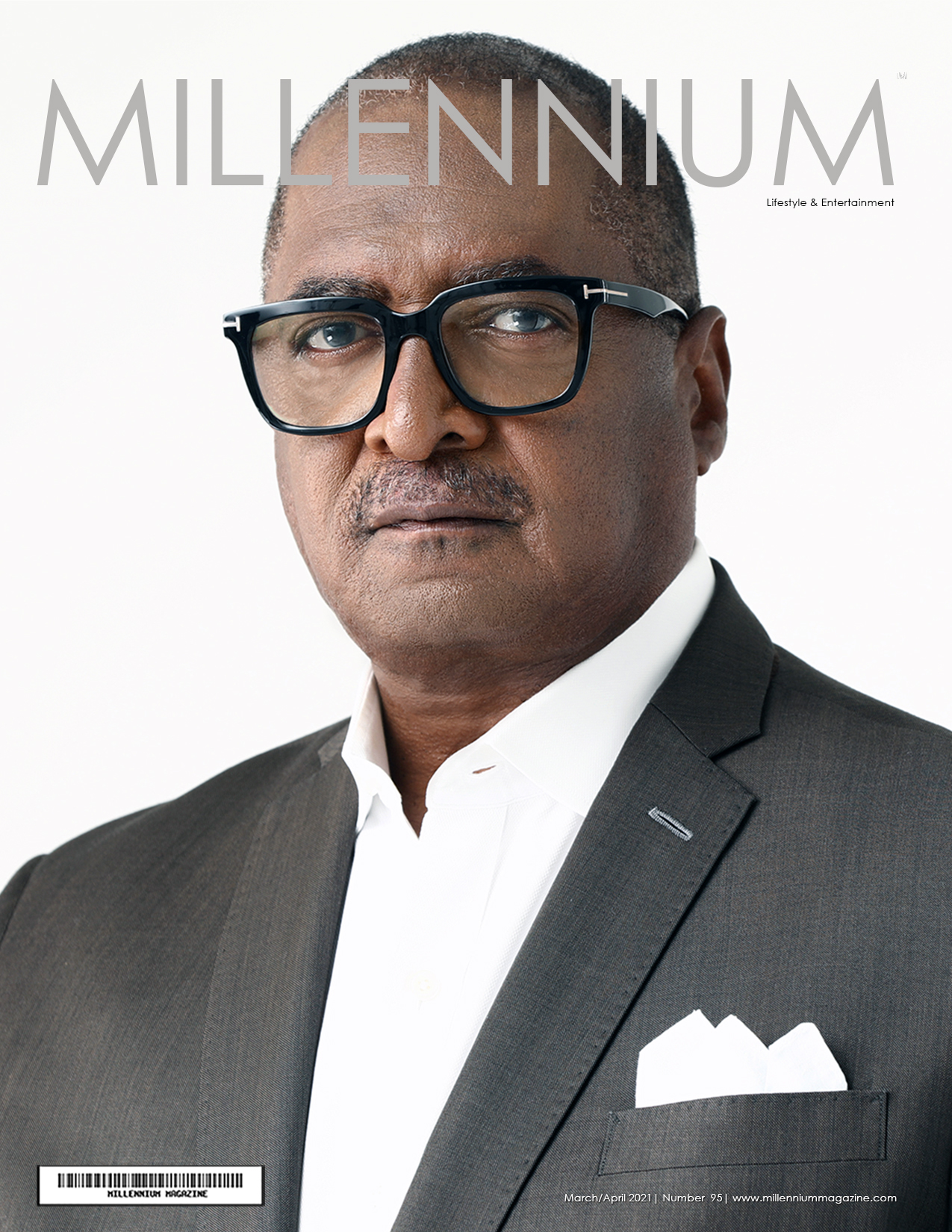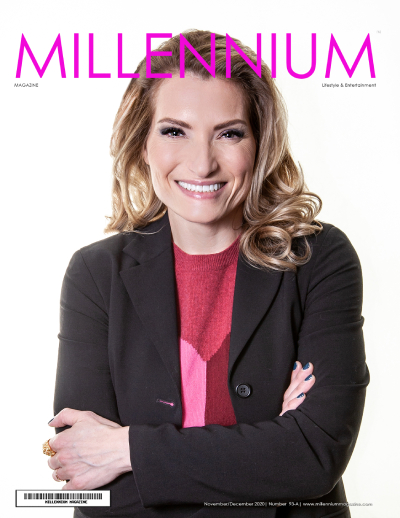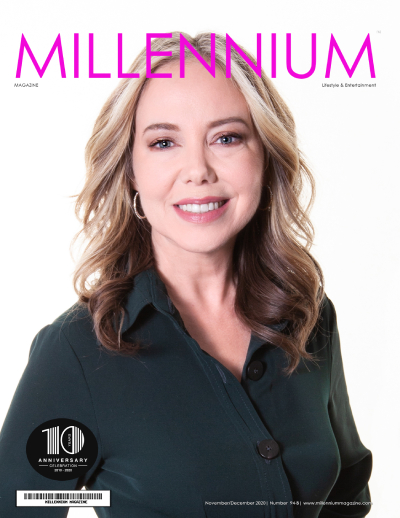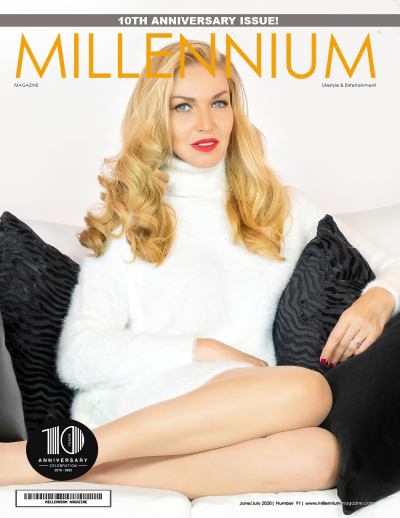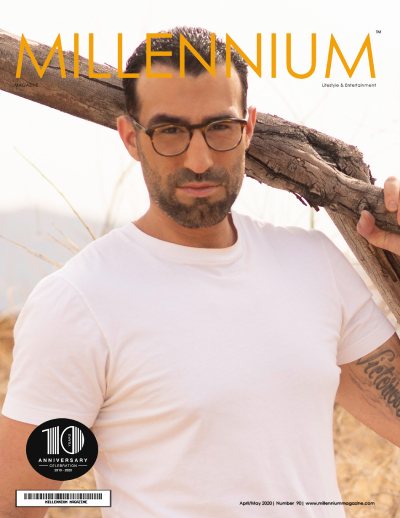With aplomb and a touch of humorous self-awareness, Visit Dubai has unleashed a storm of glossy adverts inviting travelers to dive into its unabashed and futuristic glamor. However, Adam McEwan, Group CEO of Hero Experiences Group, and Bassam Chamoun, Hero Experiences Group’s COO, intuited that travelers who have already seen quite a bit of the world would want something more meaningful from their visit to Dubai. Beyond the urban sprawl, one will find wildlife, plant life, indigenous culture, and a calmness waiting to be discovered. While other companies offer desert adventures, the duo and their curated staff set out to reinvent desert safari ecotourism.
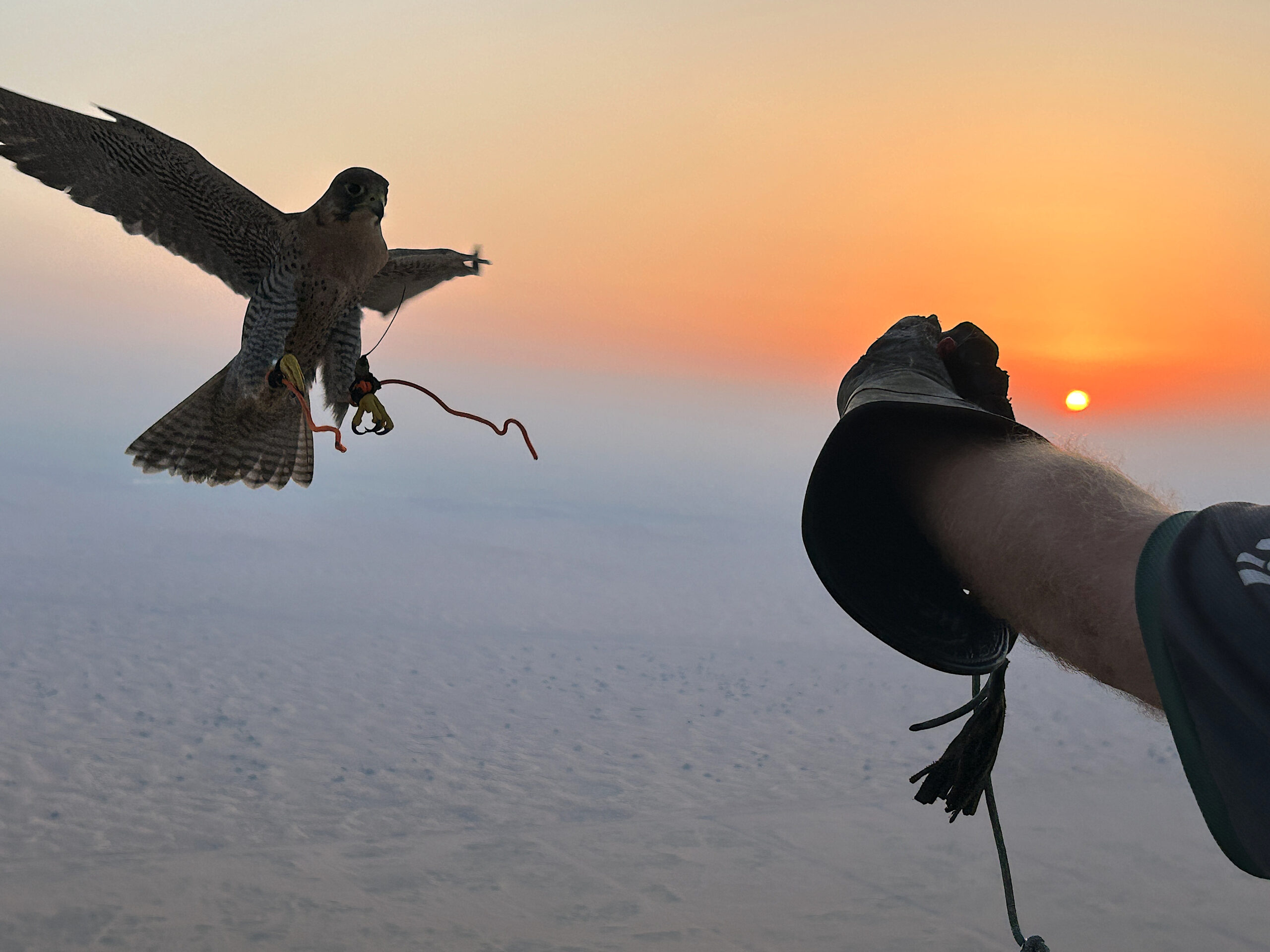 With the entrepreneurial duo founding Platinum Heritage in 2012 as Hero’s first experience offering, they set out to take Dubai visitors beyond the Burj Khalifa and the other skyscrapers and take them to new heights. By 2019, Hero had combined their group of companies–Platinum Heritage Dubai, Balloon Adventures Dubai, The Dubai Balloon, Absolute Adventure, and Hero Balloon Flights Saudi–to establish Hero Experiences Group in 2019. The sixth company, Platinum Heritage Saudi, joins the fold this year.
With the entrepreneurial duo founding Platinum Heritage in 2012 as Hero’s first experience offering, they set out to take Dubai visitors beyond the Burj Khalifa and the other skyscrapers and take them to new heights. By 2019, Hero had combined their group of companies–Platinum Heritage Dubai, Balloon Adventures Dubai, The Dubai Balloon, Absolute Adventure, and Hero Balloon Flights Saudi–to establish Hero Experiences Group in 2019. The sixth company, Platinum Heritage Saudi, joins the fold this year.
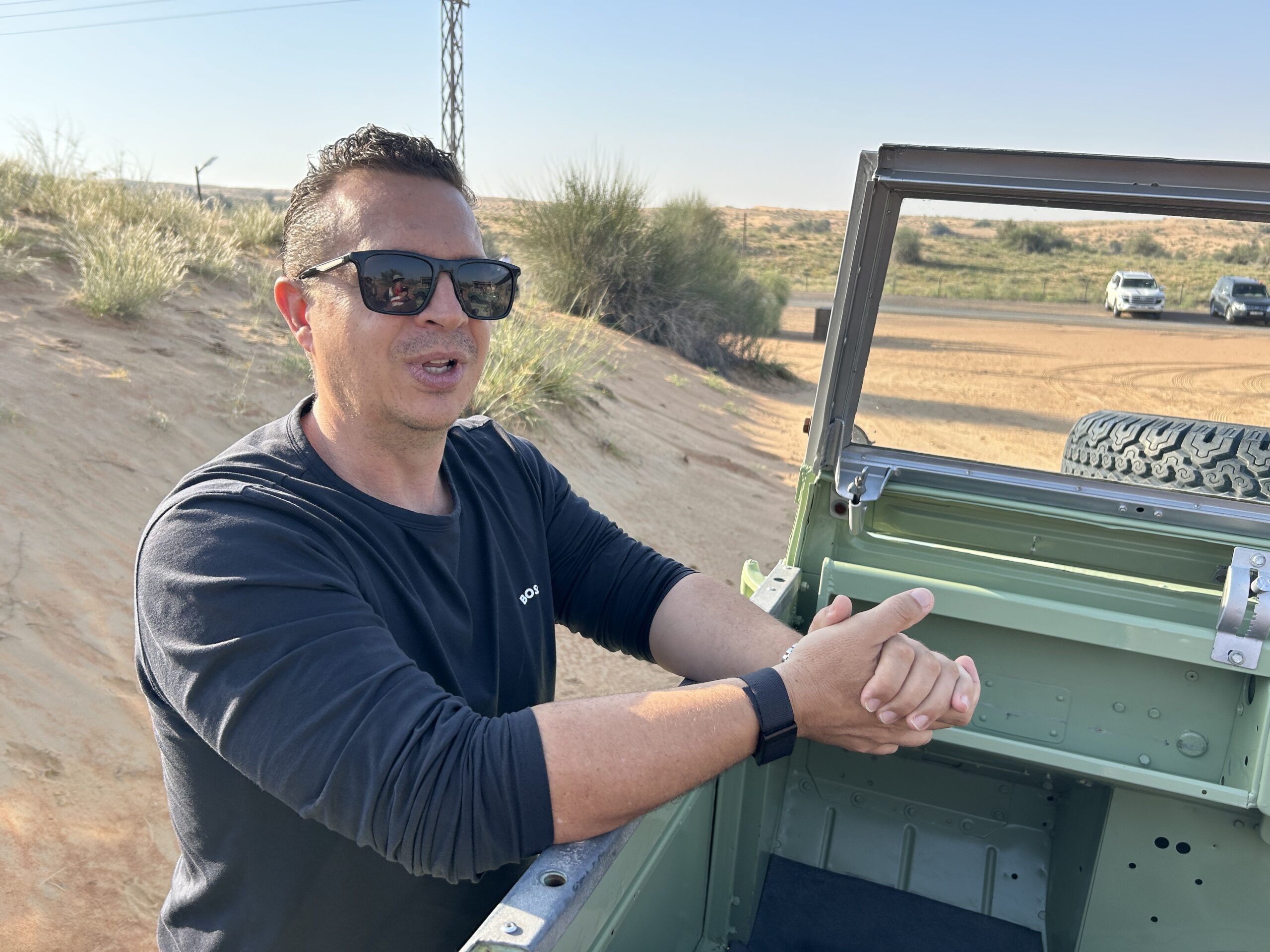 “We each decided that a lifetime of professional tourism experience would be put to better use by creating a suite of amazing experiences that I felt our industry needed,” says McEwan–a former Destination Manager for Oceania Cruises–soon after arriving at our first “Heritage” safari experience. “Along with our partners, we created a four-time World Travel Award-winning desert experience company with the most incredibly talented group of people in our industry. In 2016, we combined this experience with the world’s first-ever Hot-Air Balloon-based falconry demonstrations after we acquired Balloon Adventures. We have ventured into fun and engaging self-drive boating tours with Hero OdySEA, now the #1 ranked boat tour in Dubai.”
“We each decided that a lifetime of professional tourism experience would be put to better use by creating a suite of amazing experiences that I felt our industry needed,” says McEwan–a former Destination Manager for Oceania Cruises–soon after arriving at our first “Heritage” safari experience. “Along with our partners, we created a four-time World Travel Award-winning desert experience company with the most incredibly talented group of people in our industry. In 2016, we combined this experience with the world’s first-ever Hot-Air Balloon-based falconry demonstrations after we acquired Balloon Adventures. We have ventured into fun and engaging self-drive boating tours with Hero OdySEA, now the #1 ranked boat tour in Dubai.”
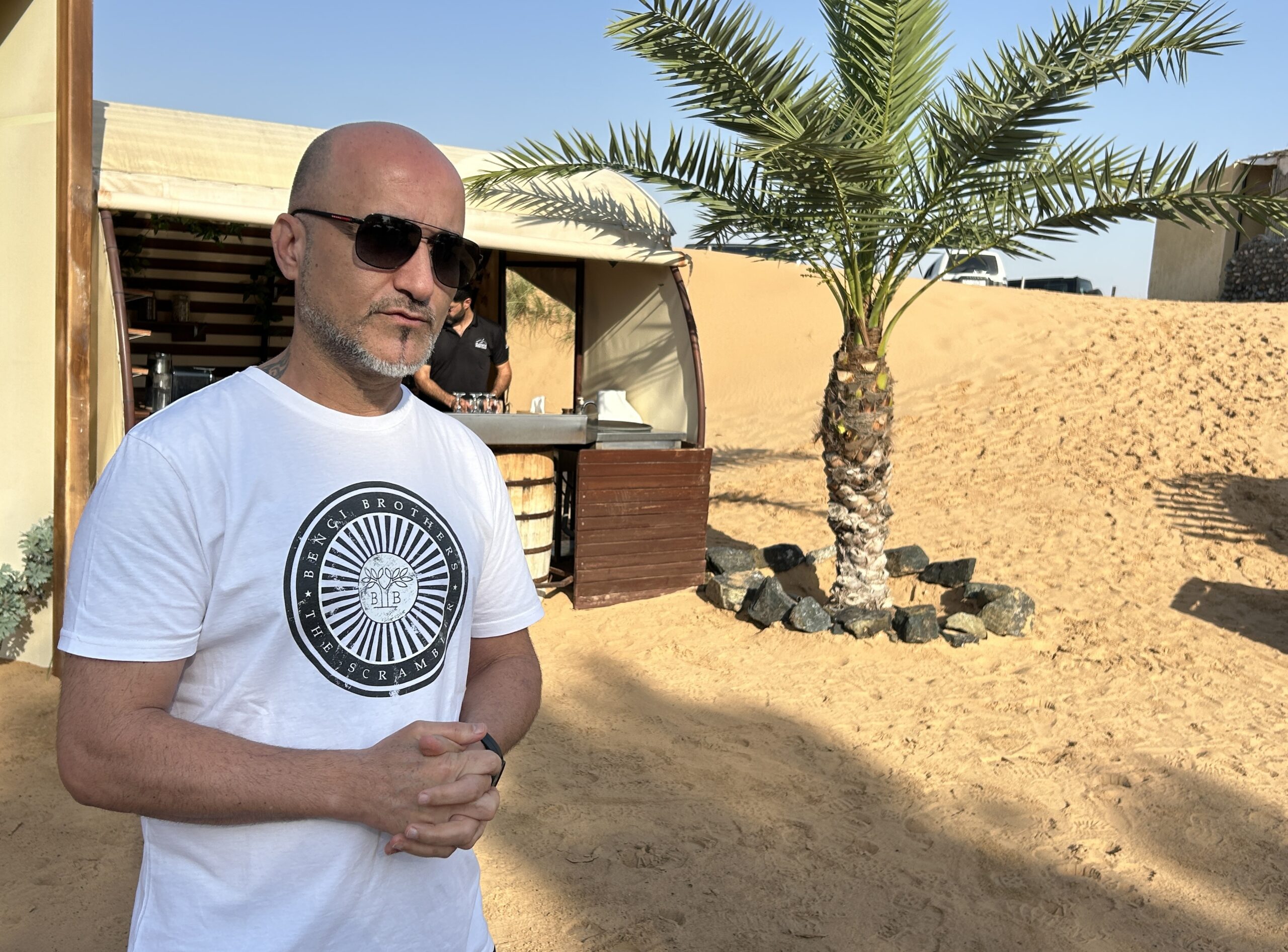
Platinum Heritage Safaris, which came together around 2016, represents how rich a Dubai visit can be beyond the shiny things travelers associate with Dubai. Setting the framework for their company within two safari experience categories (“Platinum” and “Heritage”), McEwan and Chamoun, a former operation supervisor at Emirates Airline, set out to define the Middle East’s most pristine deserts, specific ecosystems, and cultural underpinnings by putting all of these assets into the context of preservation and protection to ensure the guests’ visit would not only be authentic and honest–in contrast to some of the over-the-top attractions in Dubai’s city center–but also connect the guests to the communities the company was benefiting in meaningful ways.
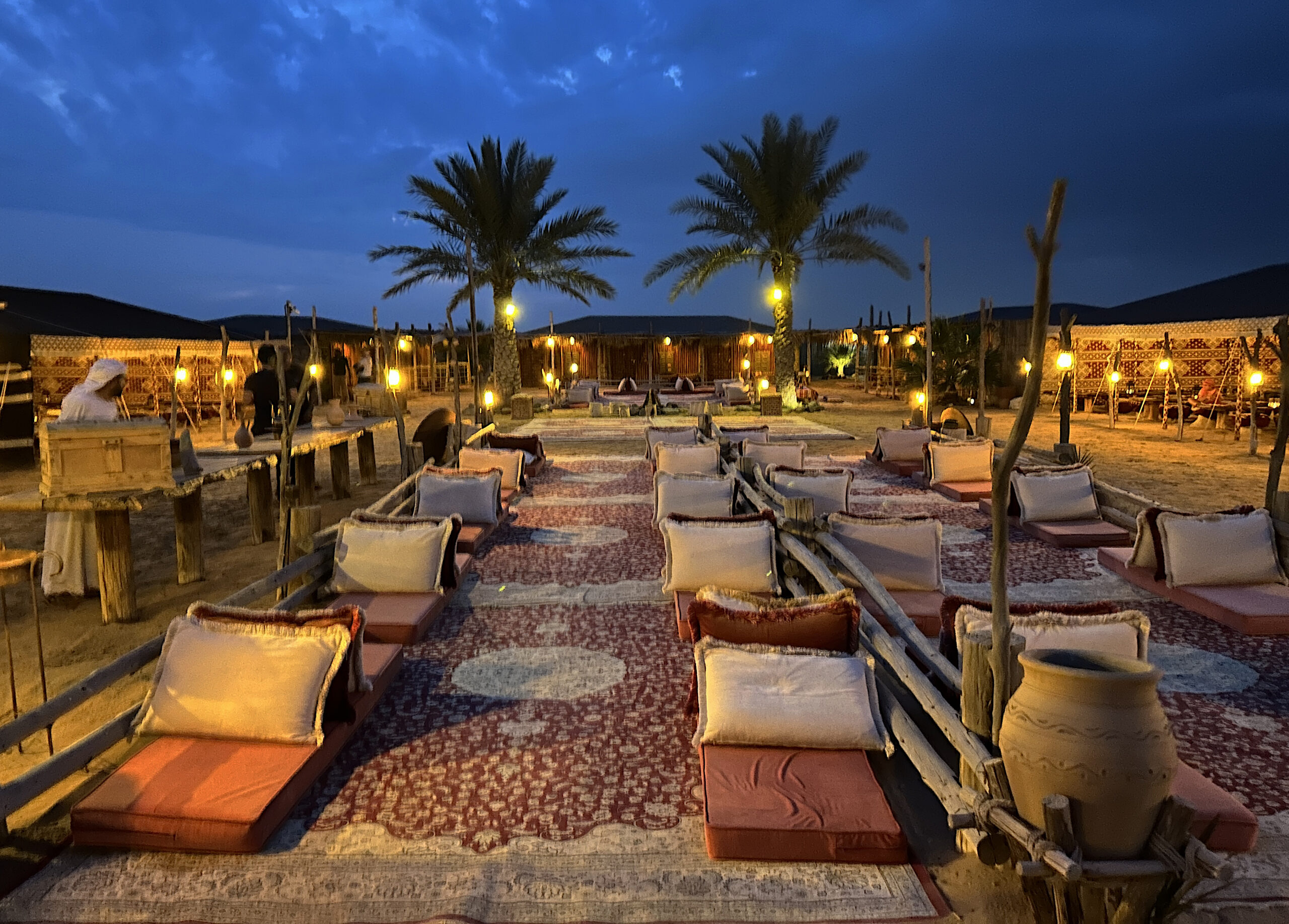 “Our mission shapes everything we do, from being the only camp to run completely on solar power to donating over $1 million U.S. to the Dubai Desert Conservation Reserve,” continues McEwan as we are having our heads wrapped in protective head scarves, filling reusable souvenir water bottles (ensuring no plastic will contact the protected desert sands), and getting escorted to the 1950s-era Land Rovers. “Our ecotourism business model enables us to sustainably support, protect, and showcase Dubai’s cultural heritage and natural environment through educational and entertaining desert experiences. We incorporate all sustainability pillars–social, economic, and environmental–while upholding our desert safaris’ premium and high-quality standards with our guest experiences.
“Our mission shapes everything we do, from being the only camp to run completely on solar power to donating over $1 million U.S. to the Dubai Desert Conservation Reserve,” continues McEwan as we are having our heads wrapped in protective head scarves, filling reusable souvenir water bottles (ensuring no plastic will contact the protected desert sands), and getting escorted to the 1950s-era Land Rovers. “Our ecotourism business model enables us to sustainably support, protect, and showcase Dubai’s cultural heritage and natural environment through educational and entertaining desert experiences. We incorporate all sustainability pillars–social, economic, and environmental–while upholding our desert safaris’ premium and high-quality standards with our guest experiences.
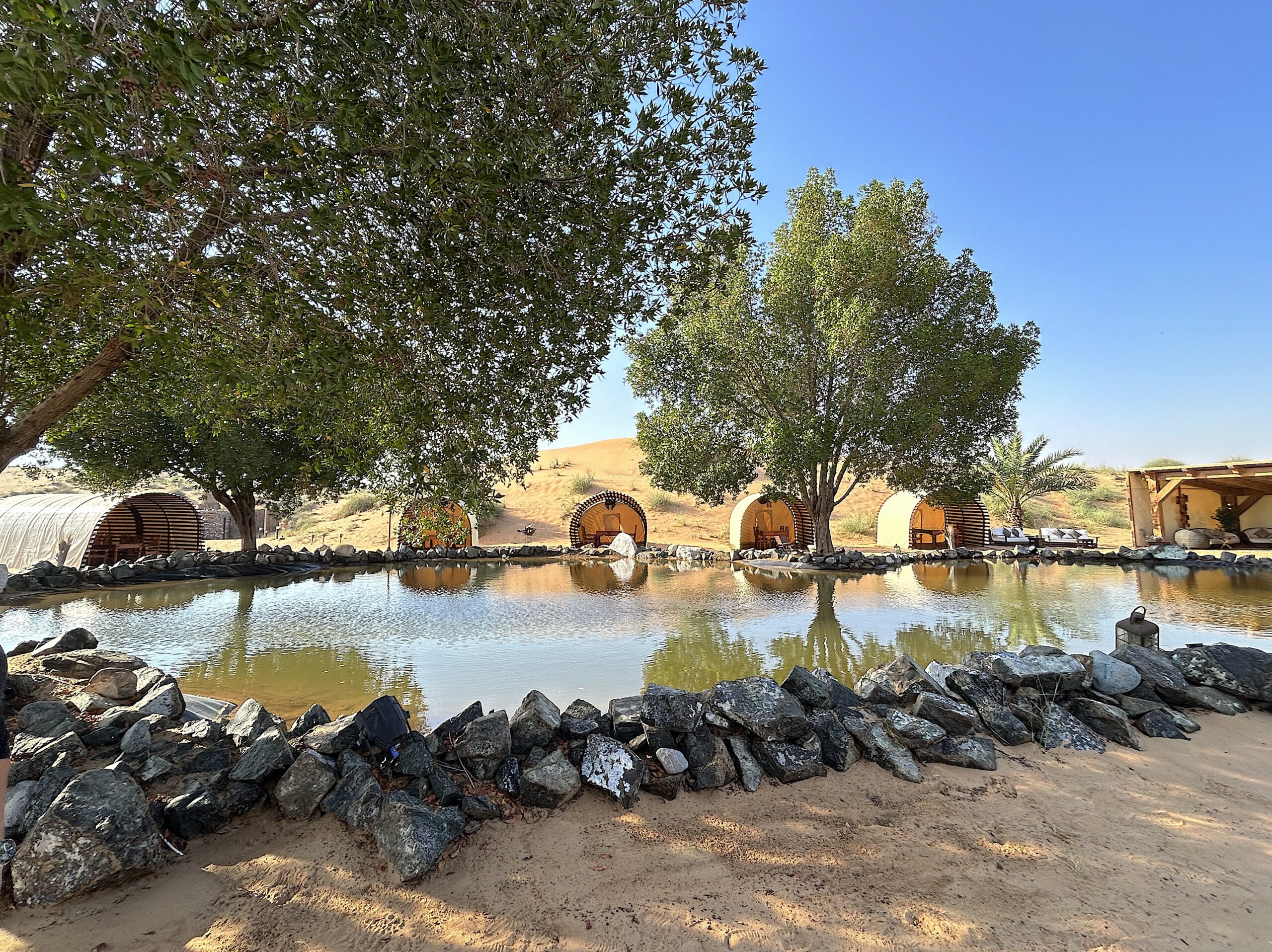 “My experience was building camps, hiring guys, looking after the fleet, looking after training the staff,” adds Chamoun. “When Adam and I launched the company, we split our responsibilities based on our strengths. He was focused on marketing and sales, while I worked out in the desert, supervised construction, hiring and training staff, and making sure our food was up to the highest standards. Our shared goal was to ensure the guests felt that the operation team delivered what the marketing team is promising.”
“My experience was building camps, hiring guys, looking after the fleet, looking after training the staff,” adds Chamoun. “When Adam and I launched the company, we split our responsibilities based on our strengths. He was focused on marketing and sales, while I worked out in the desert, supervised construction, hiring and training staff, and making sure our food was up to the highest standards. Our shared goal was to ensure the guests felt that the operation team delivered what the marketing team is promising.”
Over a simple but elegant breakfast in one of the “Platinum” premium campsites (ideal romantic getaways and executive-level business retreats), we caught up with McEwan and Chamoun to discuss the underpinnings of this ambitious eco-luxury endeavor and where it will be heading in the future in light of its success.
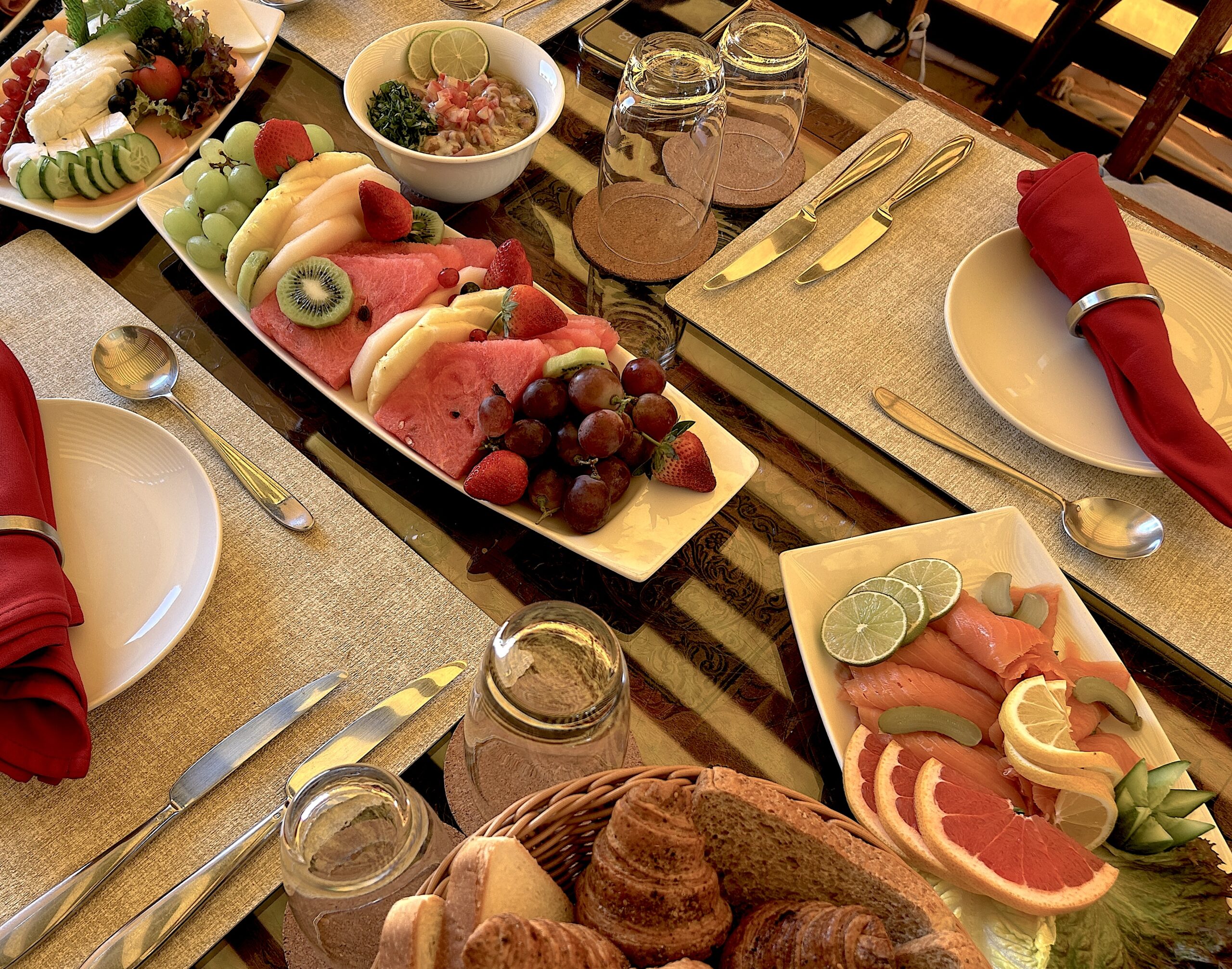 Millennium: What do you feel contributed most to your continued success?
Millennium: What do you feel contributed most to your continued success?
Adam McEwan: Word of mouth happens when one guest feels he or she has gotten 100% of the attention from the staff. When that happens, telling their friends will get them interested. However, word of mouth is a funny thing. We collect lots of data about where our guests come from and what they do once they get here. We estimate over 95% of our clientele are Americans and Europeans who come to Dubai express that they want to see the desert, how tribes like the Bedouin used to live and survive as well as see animals, ride camels, learn about falconry, and explore local terrain. While establishing our company involved taking a risk, we’re seeing growth annually, revealing that our clients appreciate what we’re offering.
With your overnight facilities, your version of “glamping” differs from similar resorts. How are you creating an outdoor/light adventure experience according to your vision while ensuring the guests feel like VIPs?
Bassam Chamoun: We’re offering the opportunity to rediscover the beauty of nature and disconnect from everything else, without distraction. This is something a family can enjoy together, or be the backdrop for a truly one-of-a-kind corporate retreat destination. Our programs can be tailored in different ways there are now three “Platinum” camps and four “Heritage” camps that we can operate simultaneously to ensure no place we operate feels overcrowded.
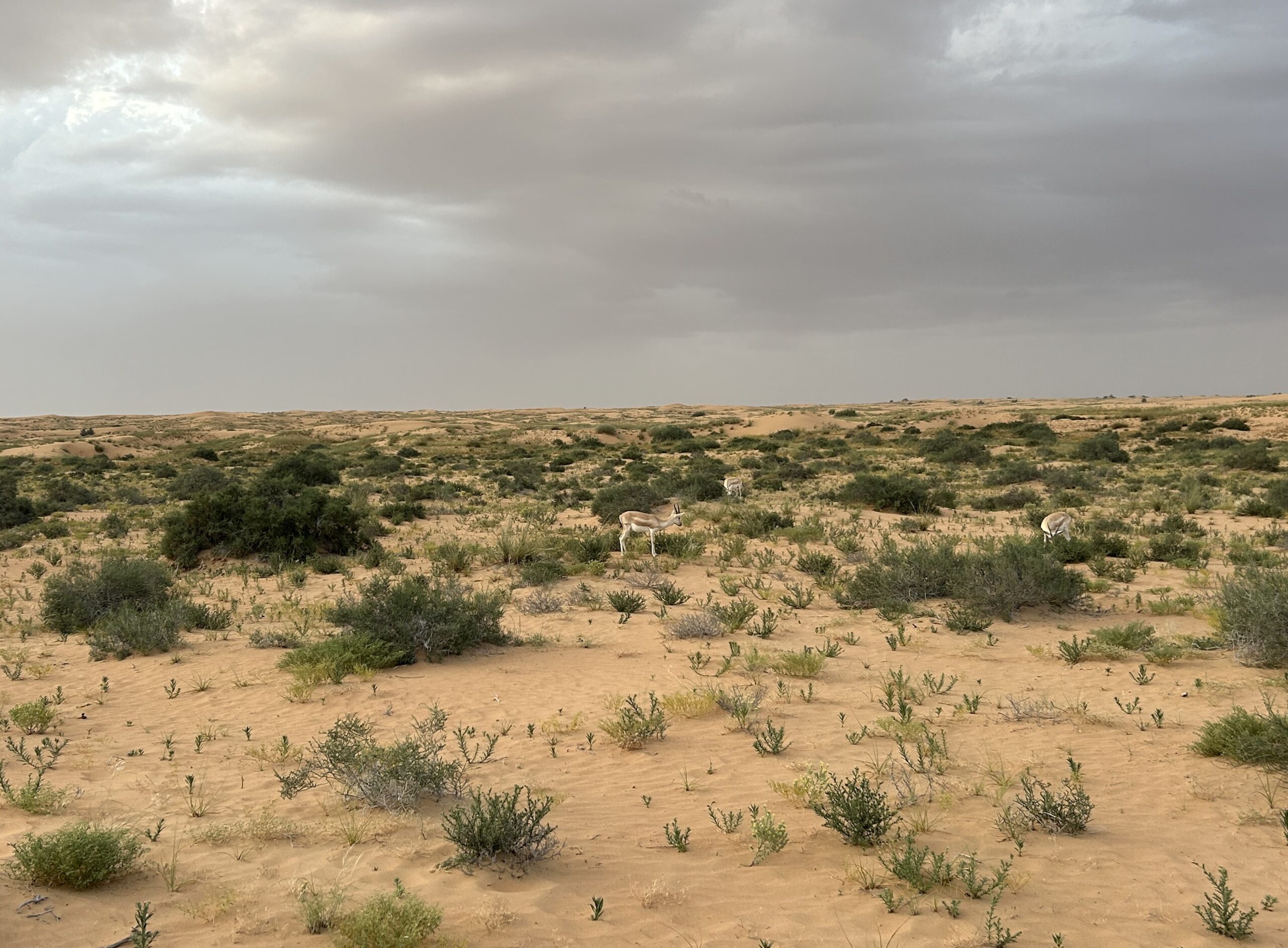 Vehicles are an integral part of HERO’s value proposition. What are some interesting facts concerning how vintage Land Rovers, new Land Rover models, balloons, and others are obtained and maintained?
Vehicles are an integral part of HERO’s value proposition. What are some interesting facts concerning how vintage Land Rovers, new Land Rover models, balloons, and others are obtained and maintained?
McEwan: Our private fleet of Series I and II Land Rovers 1950s Land Rovers ensures a desert experience in keeping with our sustainability and authenticity goals. Furthermore, these 24 Land Rovers have already saved 270–18 vehicles each–from scrap. Although a vehicle’s environmental impact is important to our guests, driving an electric car through the desert isn’t feasible. Scrapping old vehicles creates large quantities of non-recyclable plastics, toxic heavy metals, asbestos, CFCs, PCBs, and rubber products, all of which need to be disposed.
We found a way to reduce our environmental impact by rebuilding them. Just like the balloons we invested in for our desert and city adventures, we were in a position to get a good price on the cars. We worked with our mechanics and others to restore the vehicles and be sure they were in perfect working order.
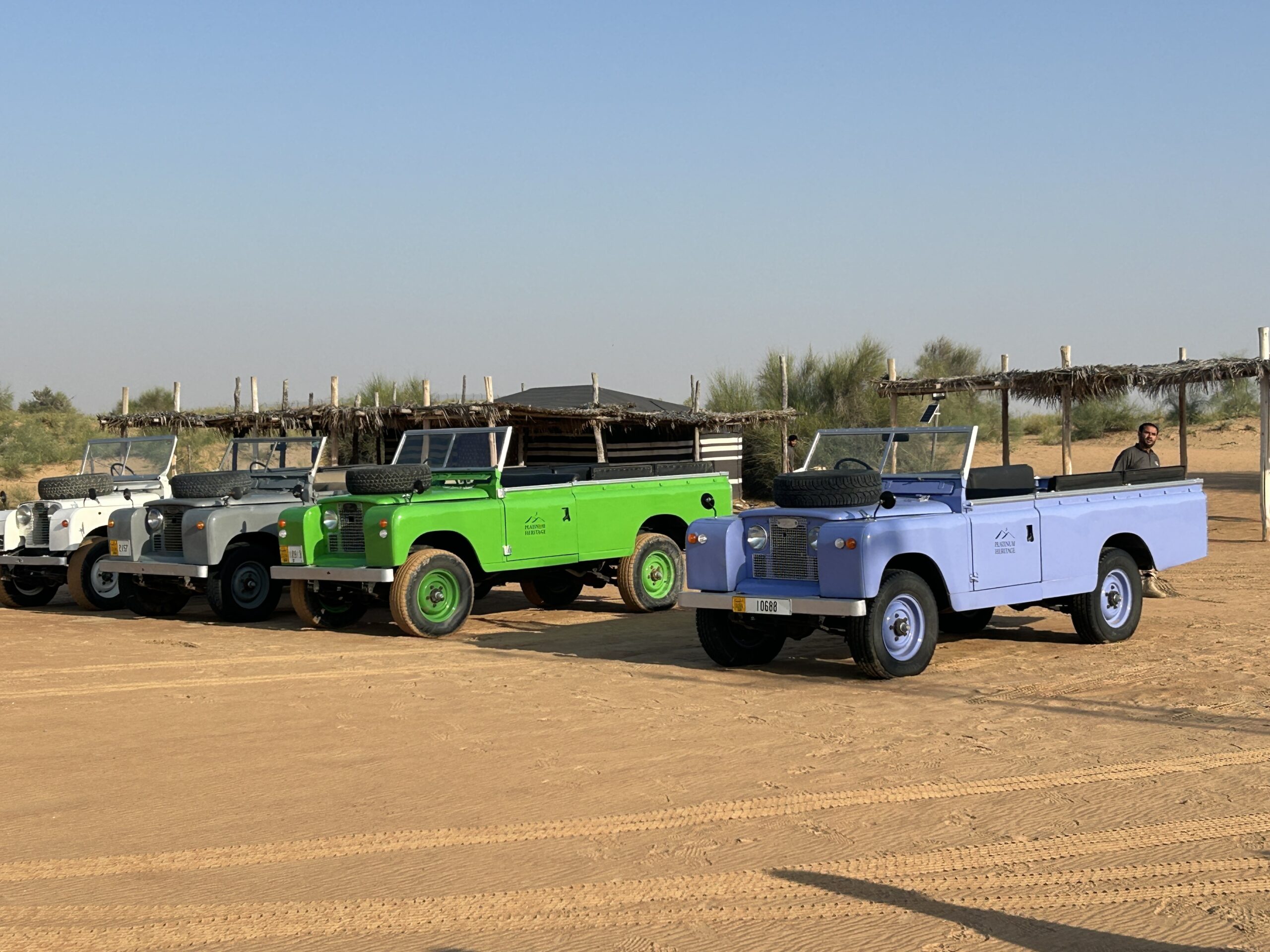
What other packages and programs are available to corporate clients from the U.S. and Europe?
McEwan: Our corporate retreats work on two levels. One is all about having fun, while the other puts a strong emphasis on teamwork, which offers the organizers or managers information they can use after the adventure to improve the way individuals and work teams can improve their performance back at the office. There are reasons behind every activity, whether it’s about resolving communication issues, improving attention to detail, functioning as a team, and so on.
There are a lot of corporate groups that come out here to do product launches separately or with corporate retreats and activities. We offer a drone show that proceeds our sunrise balloon flights (under the Balloon Adventures Dubai umbrella), and companies that have worked with us on this include Porsche, Louis Vuitton, and others). We have had many CEOs bring their best clients to treat them to a VIP experience. Because there are fewer distractions and almost no phone service, during the safari, retreat, or meal, there are several hours where people can discuss business issues, mergers, and other plans without being disturbed.
Chamoun: Celebrities wanting privacy have also visited the Platinum camps, and, naturally, their assistants and representatives use pseudonyms when making reservations. Adding to that assurance of privacy and total enjoyment is that some of our employees aren’t from countries where Western movies and television are widely circulated. We can now say John Travolta and Angelina Jolie are among the guests who have enjoyed their experience in peace.
How did you develop the decor and landscaping for the “Heritage” and “Platinum” sites?
Chamoun: We came up with a selection of furniture and decor for “Platinum” and “Heritage” based on feedback from our sales and marketing team regarding the customers’ expectations (for each type of experience). When we started Platinum Heritage, we put tables out in the open, but when our first winter started, we realized there (were weather conditions) when it was extremely windy, rainy, or cold after dark. These conditions did not allow us to operate. Therefore, we not only designed and landscaped (each type of camp) for our respective clients–authentic for “Heritage” and upscale-modern with crafted touches for “Premium–but also picked pieces and materials that allow us to adapt the sites accordingly and withstand the region’s intense climate.
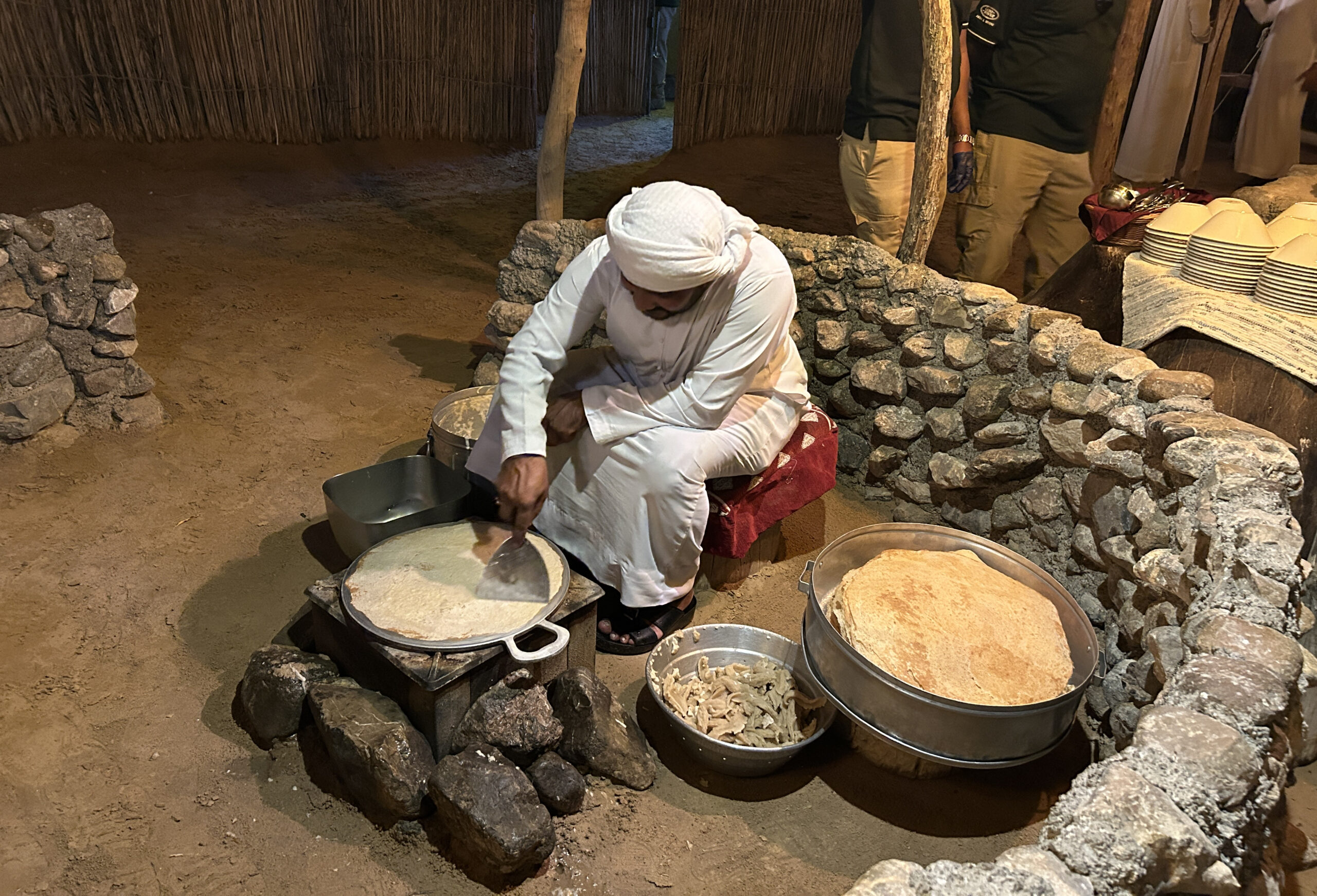 In addition to operating HERO experiences in Dubai, the company will start offering adventure packages in AlUla, Saudi Arabia inside Sharaan Nature Reserve starting this fall with such activities as balloon rides, safaris, and other educational explorations in new Land Rover Defender vehicles.
In addition to operating HERO experiences in Dubai, the company will start offering adventure packages in AlUla, Saudi Arabia inside Sharaan Nature Reserve starting this fall with such activities as balloon rides, safaris, and other educational explorations in new Land Rover Defender vehicles.
New and Notable in Dubai
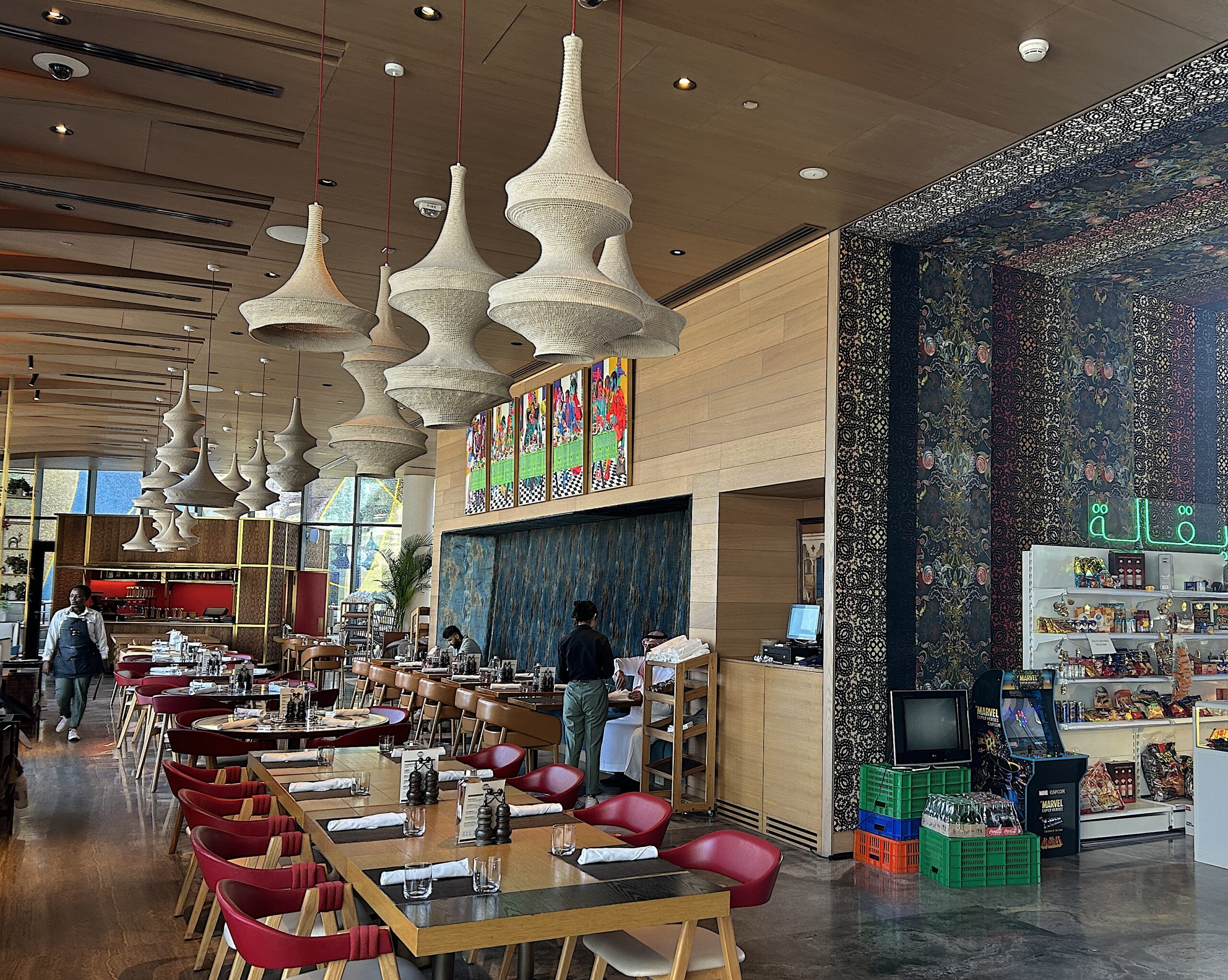
The Indigo Hotel Dubai Downtown is a colorful middle ground between uber-opulent five-star properties and straightforward business hotels. It is designed with intention with an assist from local contemporary artists, capturing Dubai’s homegrown spirit and showcasing local artists and up-and-coming neighborhoods with chic yet approachable décor and art pieces. Better still, it’s a ten-minute walk from the back of the property to the Dubai Mall and Downtown Dubai, a relatively easy walk to rapid transit (mostly indoors), and has two free shuttle rides to and from Jumeira Beach. This spirit flows into its Open Sesame, with a small but comprehensive global breakfast buffet, a great Wagyu burger, exceptional coffee, and several tasty dips, salads, and snacks. The hidden treasure, however, is its “secret menu” of Indian items, including curries and idlys with spicy sambar soup for dipping.
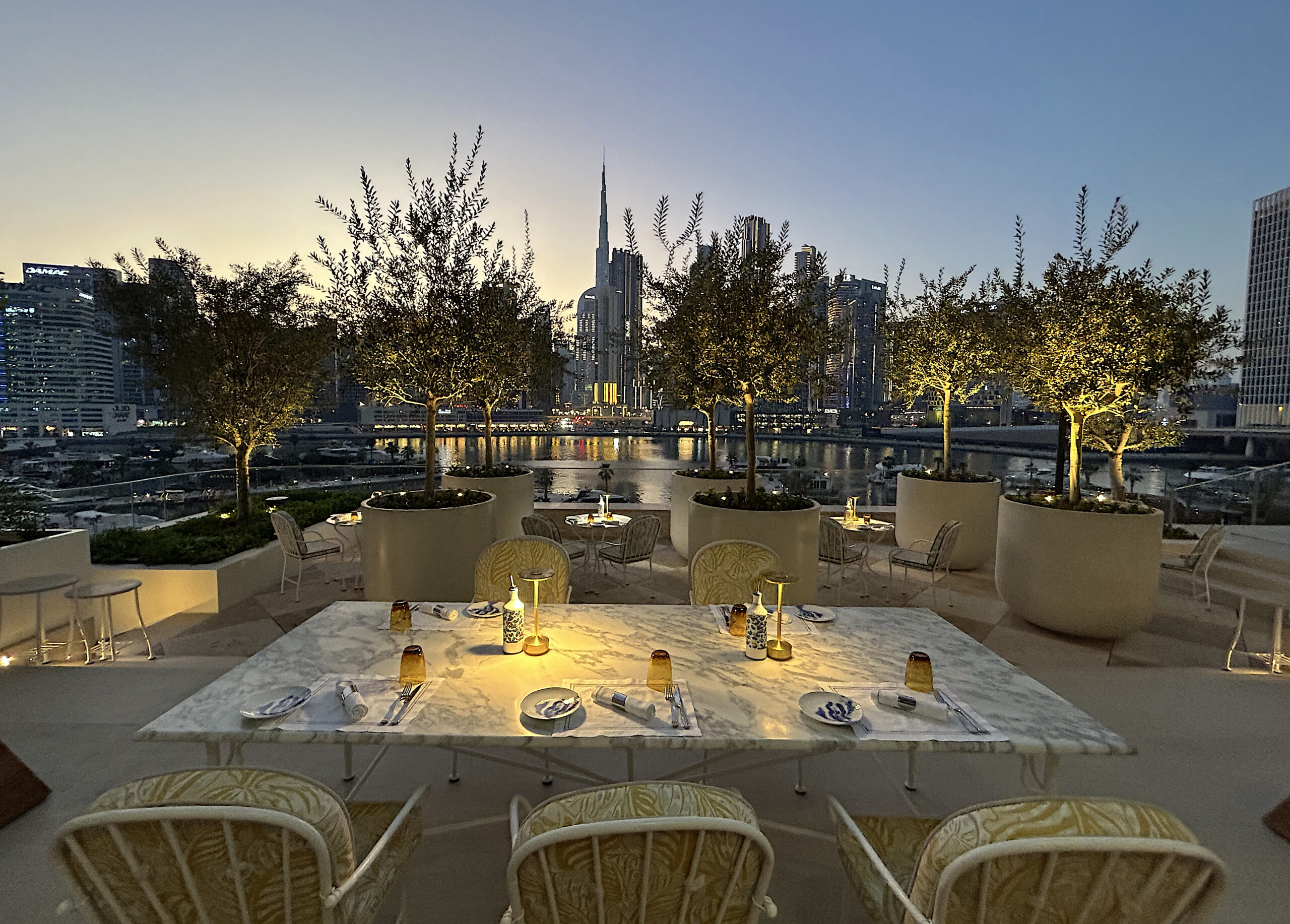 The just-opened Riviera by Jean Imbert at The Lana Hotel is more than just a place to be seen among the city’s rich and beautiful. The Mid-Century chic milieu with its pastel color palate and Mediterranean-inspired seating gorgeously frames Dubai’s fabled skyline. Breezy yet sophisticated mixology, imaginative appetizers, and sublime main courses also remind one of what propels Dubai’s international mystique.
The just-opened Riviera by Jean Imbert at The Lana Hotel is more than just a place to be seen among the city’s rich and beautiful. The Mid-Century chic milieu with its pastel color palate and Mediterranean-inspired seating gorgeously frames Dubai’s fabled skyline. Breezy yet sophisticated mixology, imaginative appetizers, and sublime main courses also remind one of what propels Dubai’s international mystique.
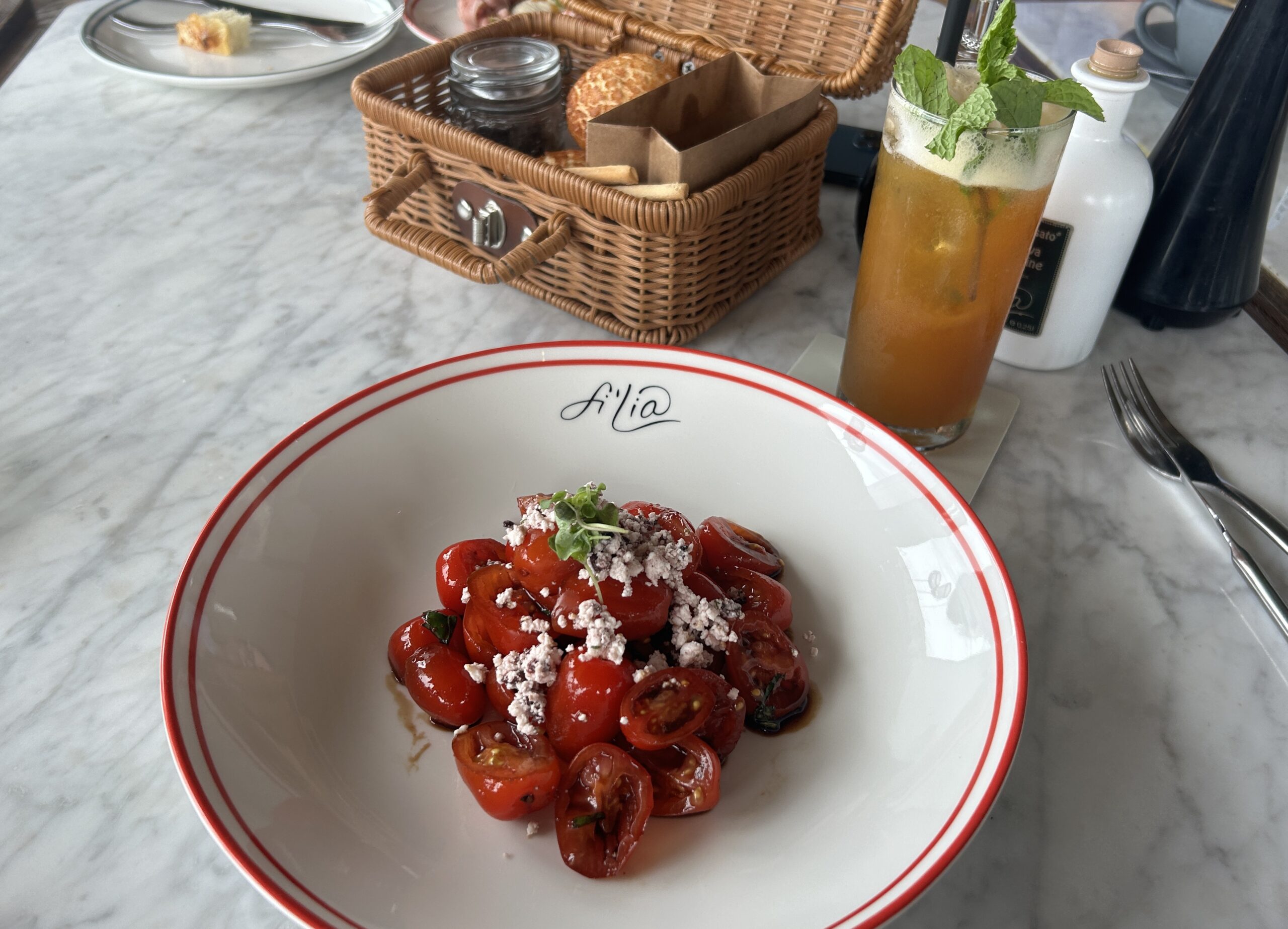 At first glance, Fi’lia, a Michelin Bib Gourmand restaurant at the top of the SLS Dubai could be right out of promotional real estate videos shown on Emirates Airlines. However, there is more to meet the eye and the palate. Its Italian “Business Lunch” menu features a “Tomatino” salad with rich ripe tomatoes, pork-free spaghetti Carbonara, fresh seafood, and sweet-and-tart deconstructed Pavlova dessert where mango gelato, passion fruit cream, and nuts are built into a cocoanut meringue bowl.
At first glance, Fi’lia, a Michelin Bib Gourmand restaurant at the top of the SLS Dubai could be right out of promotional real estate videos shown on Emirates Airlines. However, there is more to meet the eye and the palate. Its Italian “Business Lunch” menu features a “Tomatino” salad with rich ripe tomatoes, pork-free spaghetti Carbonara, fresh seafood, and sweet-and-tart deconstructed Pavlova dessert where mango gelato, passion fruit cream, and nuts are built into a cocoanut meringue bowl.
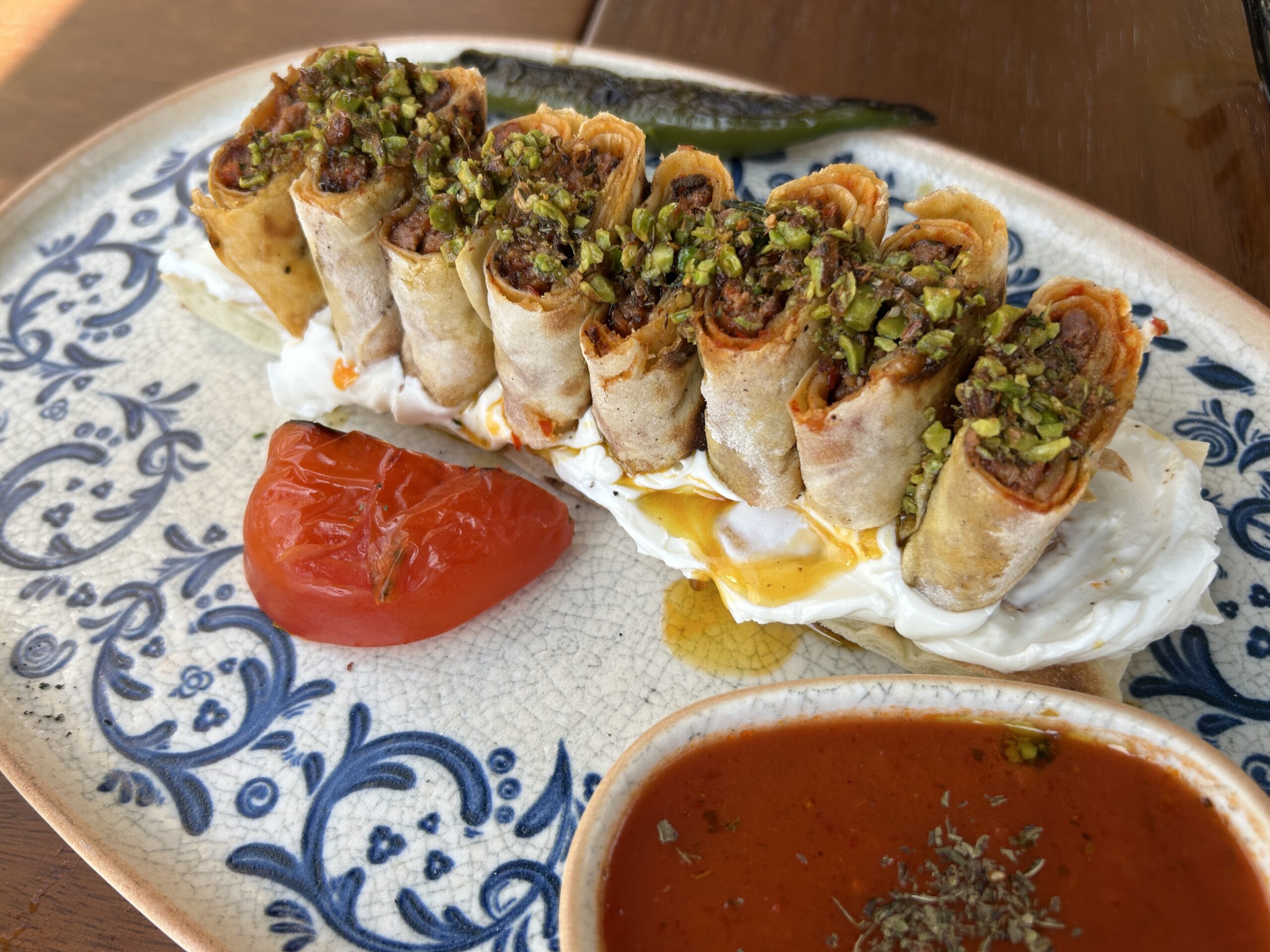 Although it may seem counterintuitive to visit Dubai Mall with its many recognizable U.S. and European fast-casual chains and fancy food shops rather than destinations like the Spice Souk, it is home to several standouts including Turkish restaurant Bosporous. While it’s a little more expensive than hawker stalls, Bosporous boasts a strong presence of local diners for its beautifully executed mezze (appetizer and dip) platter, Biyat (ground lamb wrapped in lavash, placed on a bed of thick labne cheese) served with spice-dusted fries and a substantial and dense take on lemonade. Thai Delicacy, tucked away in a nearby apartment building, is a solid neighborhood staple with a classic lineup of curries, Khao Soi noodles, and appetizers (the Chicken in Pandan leaves is a winner).
Although it may seem counterintuitive to visit Dubai Mall with its many recognizable U.S. and European fast-casual chains and fancy food shops rather than destinations like the Spice Souk, it is home to several standouts including Turkish restaurant Bosporous. While it’s a little more expensive than hawker stalls, Bosporous boasts a strong presence of local diners for its beautifully executed mezze (appetizer and dip) platter, Biyat (ground lamb wrapped in lavash, placed on a bed of thick labne cheese) served with spice-dusted fries and a substantial and dense take on lemonade. Thai Delicacy, tucked away in a nearby apartment building, is a solid neighborhood staple with a classic lineup of curries, Khao Soi noodles, and appetizers (the Chicken in Pandan leaves is a winner).
Putting Extra “Premium” into Emirates Premium Economy
While the Emirates First seats are as coveted as the cars cruising down the streets of Dubai, the Business Class cabin of Emirates Airlines is the stuff of legend, right down to the ultra-posh Bulgari vanity kits, gourmet meals, delicious pajamas, and other creature comforts. In fact, every seat in the upper cabin of the Boeing 300 Dreamliner, is reported to be regularly sold out. And then, there are the elite lounges that are a destination in their own right, famously including spa treatments and a Moet-Chandon champagne bar.
While experiencing the Business Class cabin was originally on the agenda, a series of circumstances connected to the Eid holidays and crazy weather meant it wasn’t to be. However, the silver lining in this cloud-cruising vessel is the Premium Economy, which scores points with its superb business-class caliber food, prime beverage offerings, excellent and cheerful service, unsurpassed selection of movies, music, and television, and comfortable seats.
There are a handful of things that could use improvement, especially when we’re looking at 15-hour flights from Los Angeles or Houston to Dubai and back. These include more space to move to and from the window and middle seats when the lounger features are extended overnight; the odd shape of the included headphones; and cute but somewhat meh amenity kit packaging.
However, the Premium Economy section is a solid value for the longer flights if you pick your seat well (aisle seats and the bulkhead row, which I enjoyed on the way back to L.A.). In addition to beautifully presented meals and snacks, there are easy-to-locate power outlets and good-sized trays for those who use the flight as work time, good-sized video screens, technically advanced windows to block glare with precision, and a ceiling adorned with starlights that are quite charming. There are also plenty of well-maintained bathrooms and easy-to-spot lights letting you know which ones are occupied.



